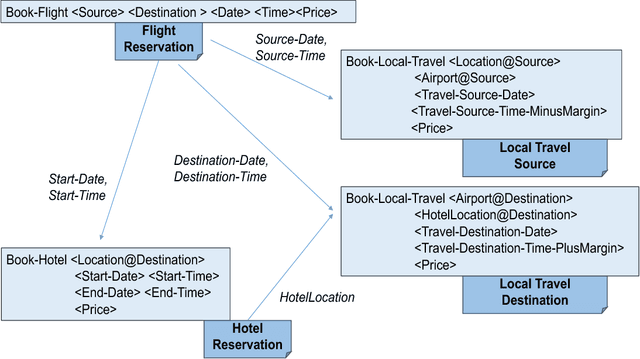Workflow Complexity for Collaborative Interactions: Where are the Metrics? -- A Challenge
Paper and Code
Sep 13, 2017

In this paper, we introduce the problem of denoting and deriving the complexity of workflows (plans, schedules) in collaborative, planner-assisted settings where humans and agents are trying to jointly solve a task. The interactions -- and hence the workflows that connect the human and the agents -- may differ according to the domain and the kind of agents. We adapt insights from prior work in human-agent teaming and workflow analysis to suggest metrics for workflow complexity. The main motivation behind this work is to highlight metrics for human comprehensibility of plans and schedules. The planning community has seen its fair share of work on the synthesis of plans that take diversity into account -- what value do such plans hold if their generation is not guided at least in part by metrics that reflect the ease of engaging with and using those plans?
 Add to Chrome
Add to Chrome Add to Firefox
Add to Firefox Add to Edge
Add to Edge